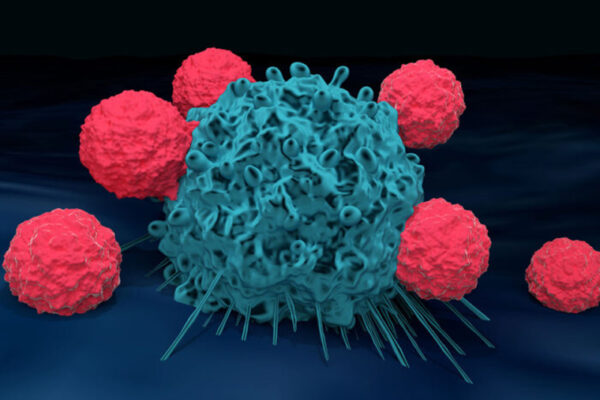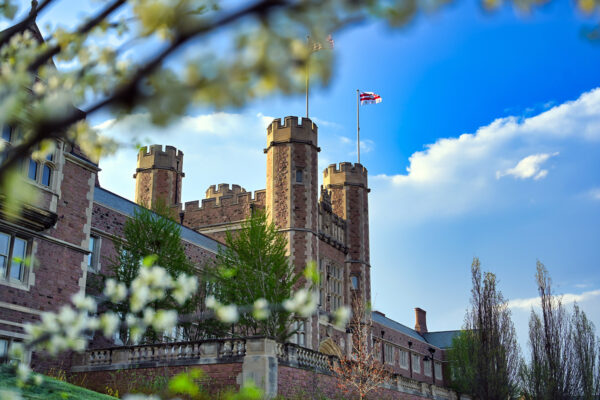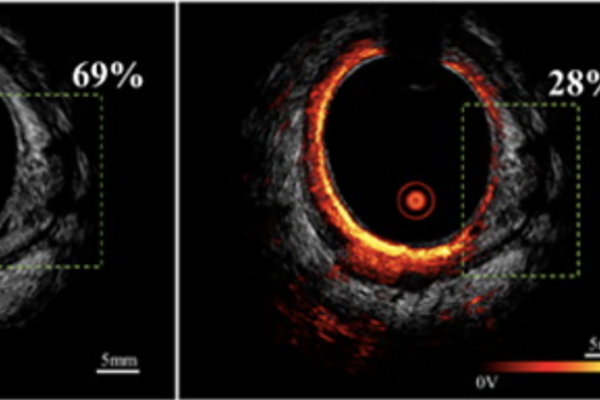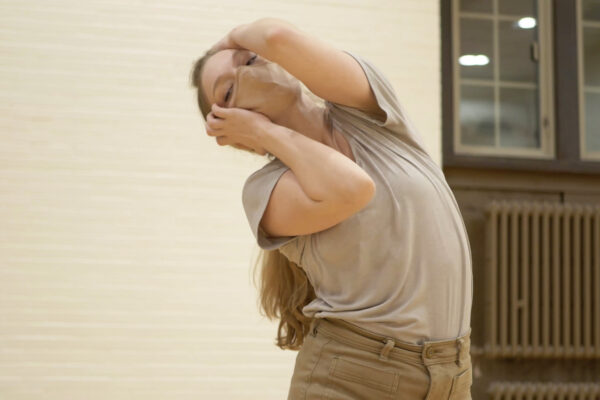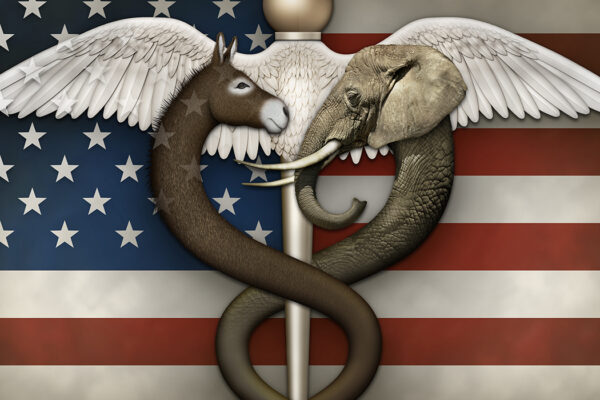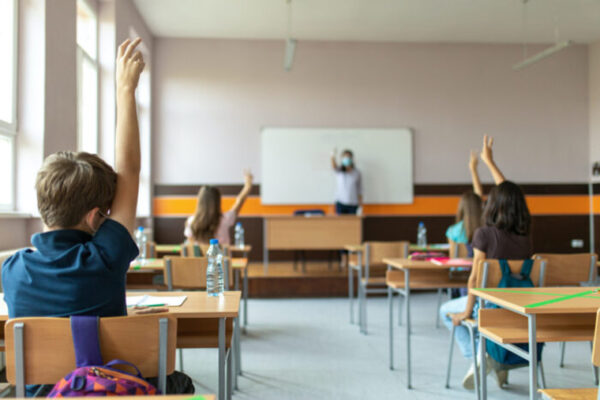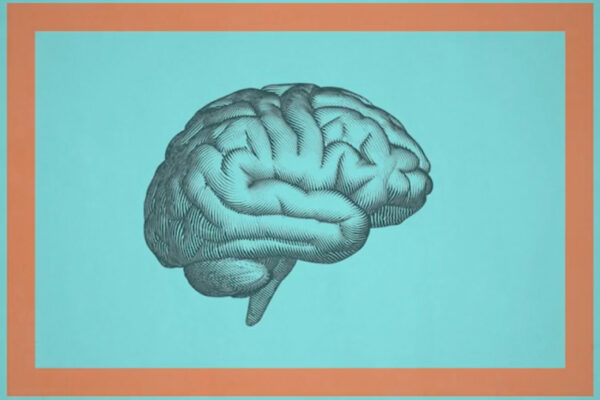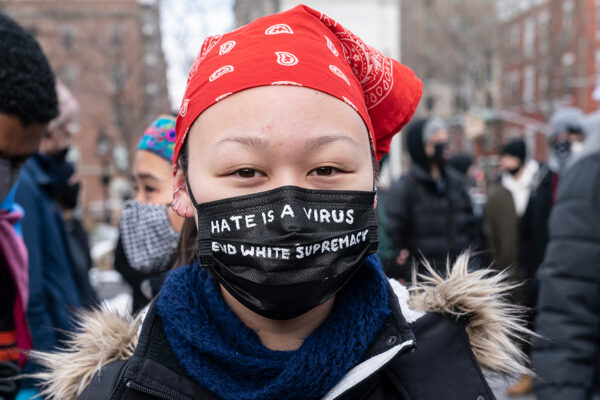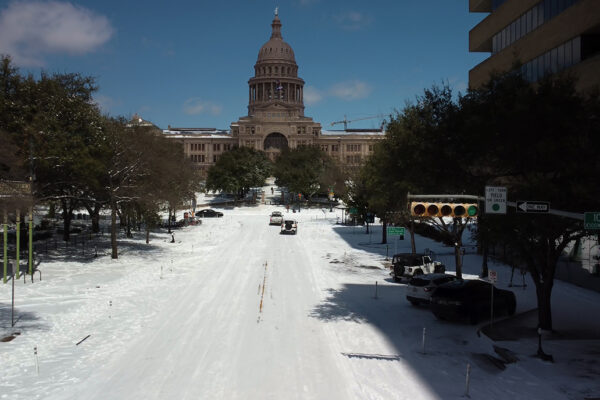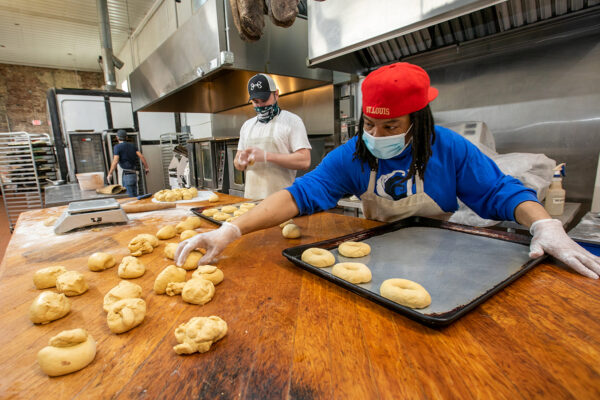Zika virus helps destroy deadly brain cancer in mice
Zika virus can activate immune cells to destroy an aggressive brain cancer in mice, giving a powerful boost to an immunotherapy drug and sparking long-lasting immunological memory, according to a study from School of Medicine researchers.
New HR, finance system to launch in July
The MyDay program, the multiyear effort to modernize how the university collects, manages and analyzes the data it needs, reached a key milestone early this year. Testing was completed for Workday, and the project team is now gearing up for training and other ways to help the university community prepare for this change.
‘Leap forward’ in risk management of rectal cancer
The lab of Quing Zhu at the McKelvey School of Engineering has developed an imaging system that helps differentiate residual cancerous tissue from recovered healthy tissue after treatment in patients with rectal cancer, the third-most common cancer type in the U.S.
Charting new ‘Pathways’
“Pathways,” the 2021 MFA Student Dance Concert, will begin streaming March 27. The program will feature original choreography by Luewilla Smith-Barnett, Thomas Proctor and Leah Robertson.
Widening political rift in U.S. may threaten science, medicine
Public participation is critical to the success of medical research. Yet recruiting volunteers for trials is increasingly challenging. New Washington University research suggests the widening ideological gap in the U.S. may be to blame.
COVID-19 transmission rare in schools with safety measures
Wearing masks, social distancing and frequent hand-washing have kept in-school COVID-19 transmission low, according to results of a pilot study in Missouri involving the School of Medicine.
Seeing exponential growth for what it is
Jeffrey M. Zacks, professor of psychological and brain sciences in Arts & Sciences, and of radiology at the School of Medicine, explains why we have such a difficult time with exponential growth and how to make its presentation easier to understand.
Anti-Asian racism nuanced and often intertwined in misogyny
Washington University’s Ariela Schachter and Linling Gao-Miles share their perspectives on the recent killing of eight people — including six women of Asian decent — in Atlanta and the history of anti-Asian racism and violence in the U.S.
ERCOT to blame for Texas blackouts, not renewables or fossil fuels
At the McKelvey School of Engineering at Washington University in St. Louis, the situation and the fallout that followed — the rolling or lasting blackouts, national attention, the termination of the energy group’s CEO — prompted Richard Axelbaum, Stifel & & Quinette Jens Professor of Environmental Engineering Science, and Phillip Irace, PhD candidate and NSF Graduate Student Fellow, to take a closer look.
University Dining partners with social enterprise Bridge Bread
Washington University has entered a partnership with Bridge Bread to provide bagels and other items to university eateries. The nonprofit bakery provides a paycheck and training to people who have experienced homelessness.
View More Stories
